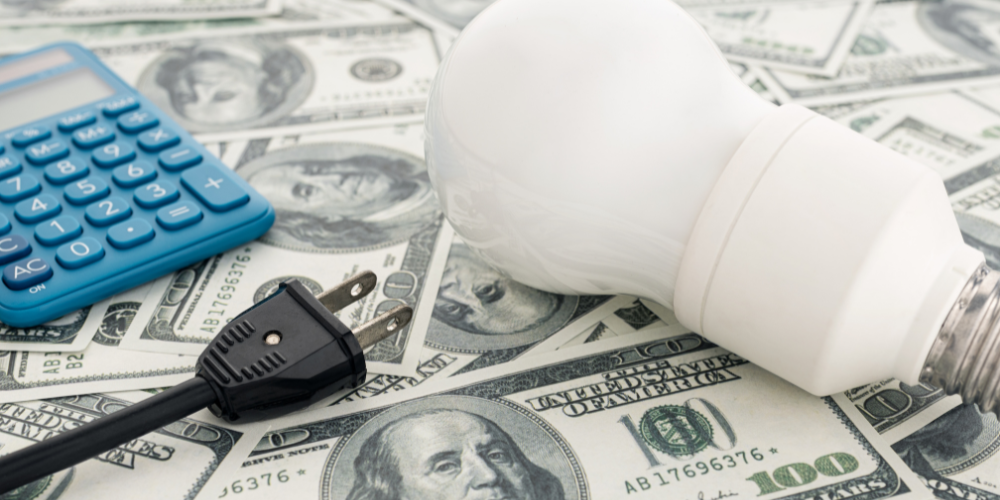It has been almost 3 decades since the world started focusing on sustainable energy and energy efficiency. Since then, the adoption of energy management systems has increased considerably but there are still many properties that have under-explored their electrical system performance nor optimized their energy usage to reduce costs.
The building sector has always been ROI-focused. Currently, they account for 30% to 40% of energy consumption, and that figure is set to increase to 50% by 2030. With hikes in energy prices, it is critical they embrace the energy best practice methodology to stay profitable.
We really don't need to point out the heavy cost of not making energy performance a priority but here they are:
High Utility Costs
Conducting comprehensive energy audits are part of an effective energy management program. Energy audits help you understand how you spend on energy usage, identify areas where you can reduce consumption, and how to improve energy efficiency. Installing submeters for energy, water and gas reveal where you may be wasting energy unnecessarily or where you can cut back to save money. Without this insight, you will likely continue to spend needlessly on high utility costs.
Impossible to Control and Monitor Expenses
Surges in energy prices and shortages in power supply hurt your profits. Energy management allows you to monitor and record energy usage, allowing you to optimize energy use so you can reduce costs. With the right tools, you identify how much energy is being used by each piece of equipment, allowing you to make informed decisions on how to control energy usage and not spend unnecessarily. Without energy management, you don’t have data that predicts how you can reduce and control your demand for energy in times of surges and shortages.
No Way of Optimizing Equipment Performance
Metering your energy consumption is one of the best ways to manage your energy consumption. The data you collect makes it possible to see detailed patterns of energy usage and waste in equipment, allowing you to identify equipment that may be misconfigured, faulty, or misused. Without energy audits and detailed meter data, you may not realize that certain equipment is wasting energy and costing you money.
Hinders Energy Conservation
Organizations that are proactive about protecting the planet through sustainability and energy conservation practices have a more positive reputation. It demonstrates to its employees, stakeholders, partners, customers, and the public that they are concerned about its environmental impact.
Without a submetering system, you are not looking for opportunities to control and manage your energy usage and are likely wasting energy and resources. You are not taking a holistic and systematic approach to manage energy. And when you’re not demonstrating energy conservation practices, your public perception will suffer – leading people to believe you are irresponsible with precious energy resources.


